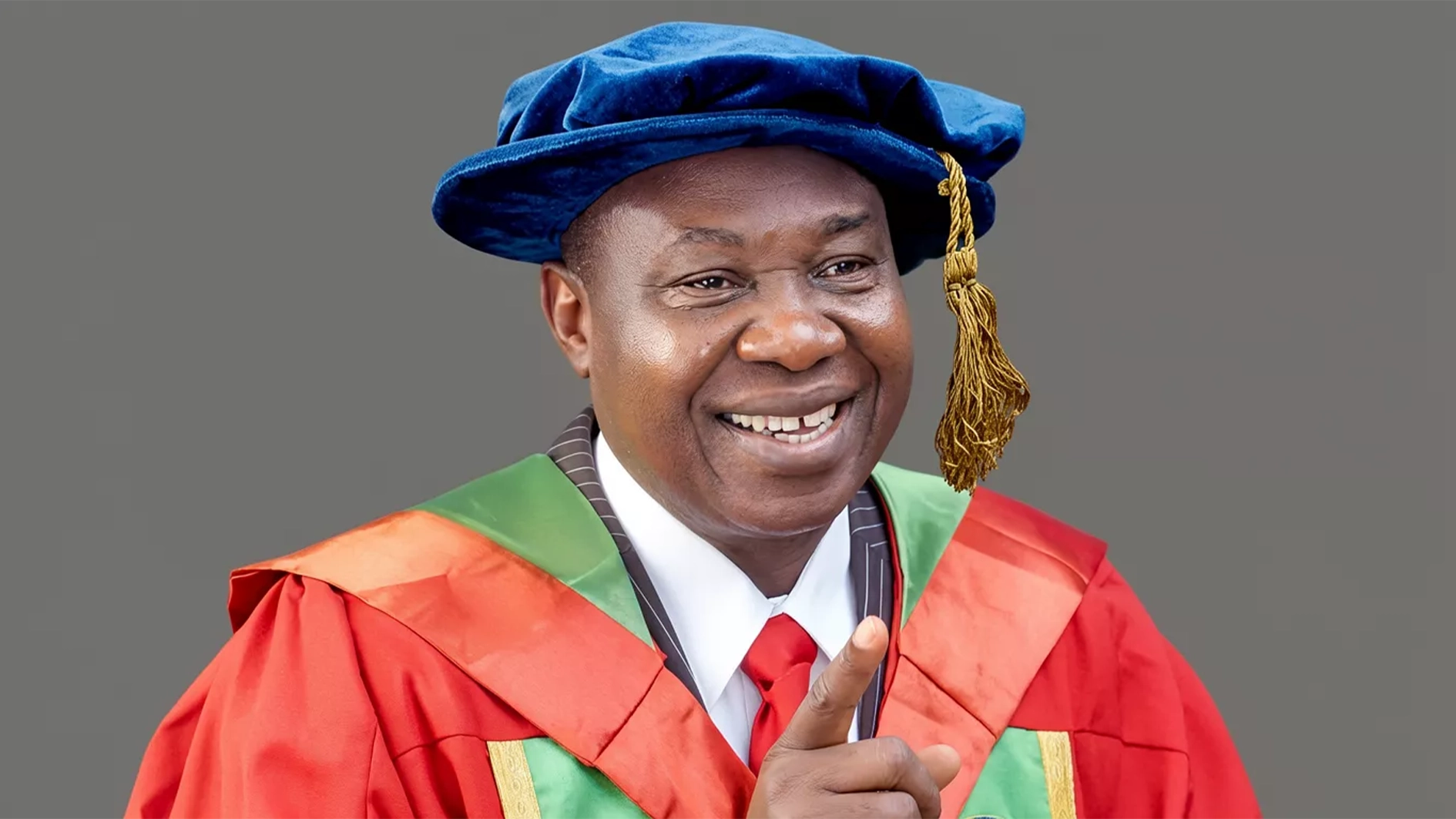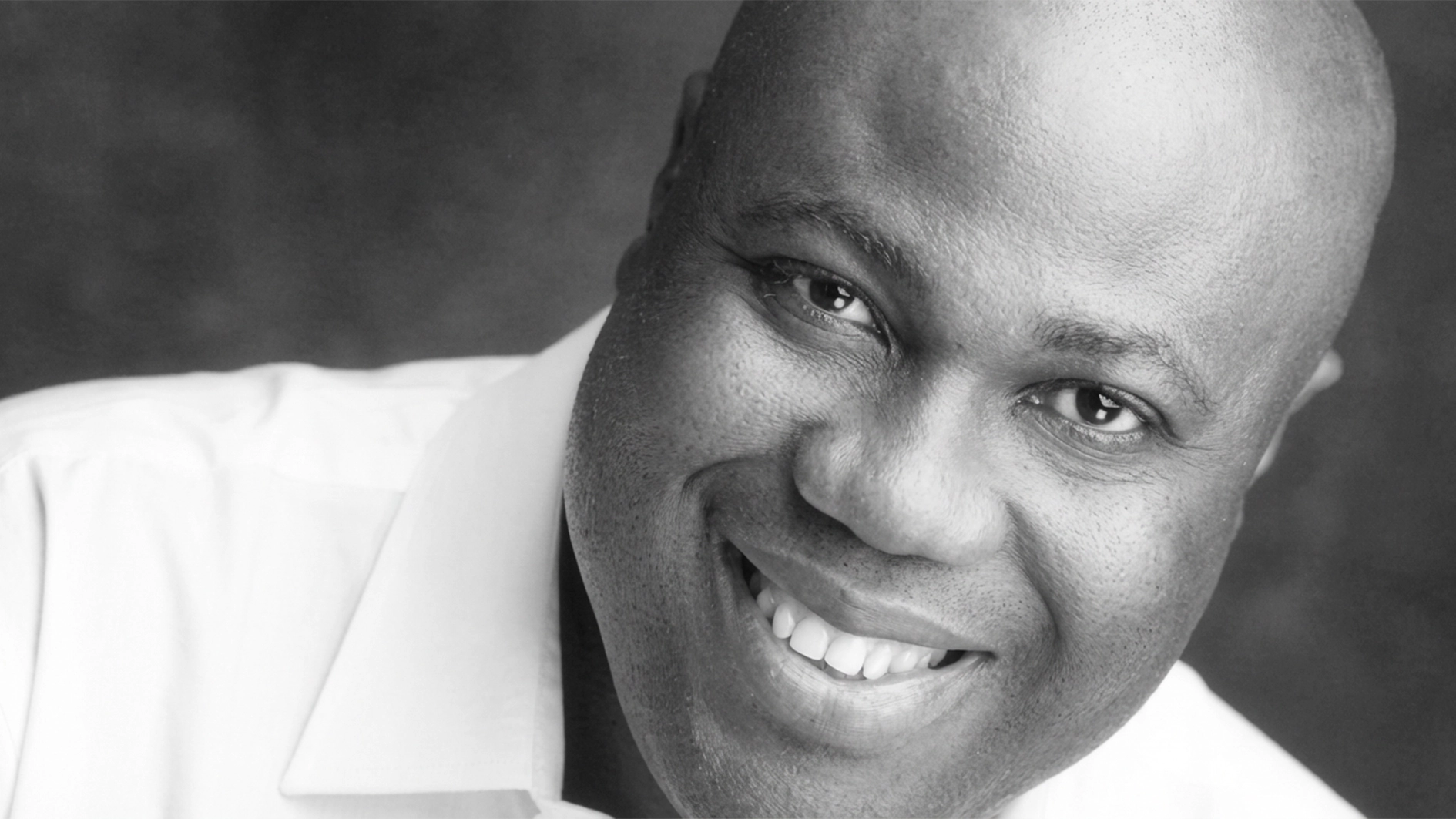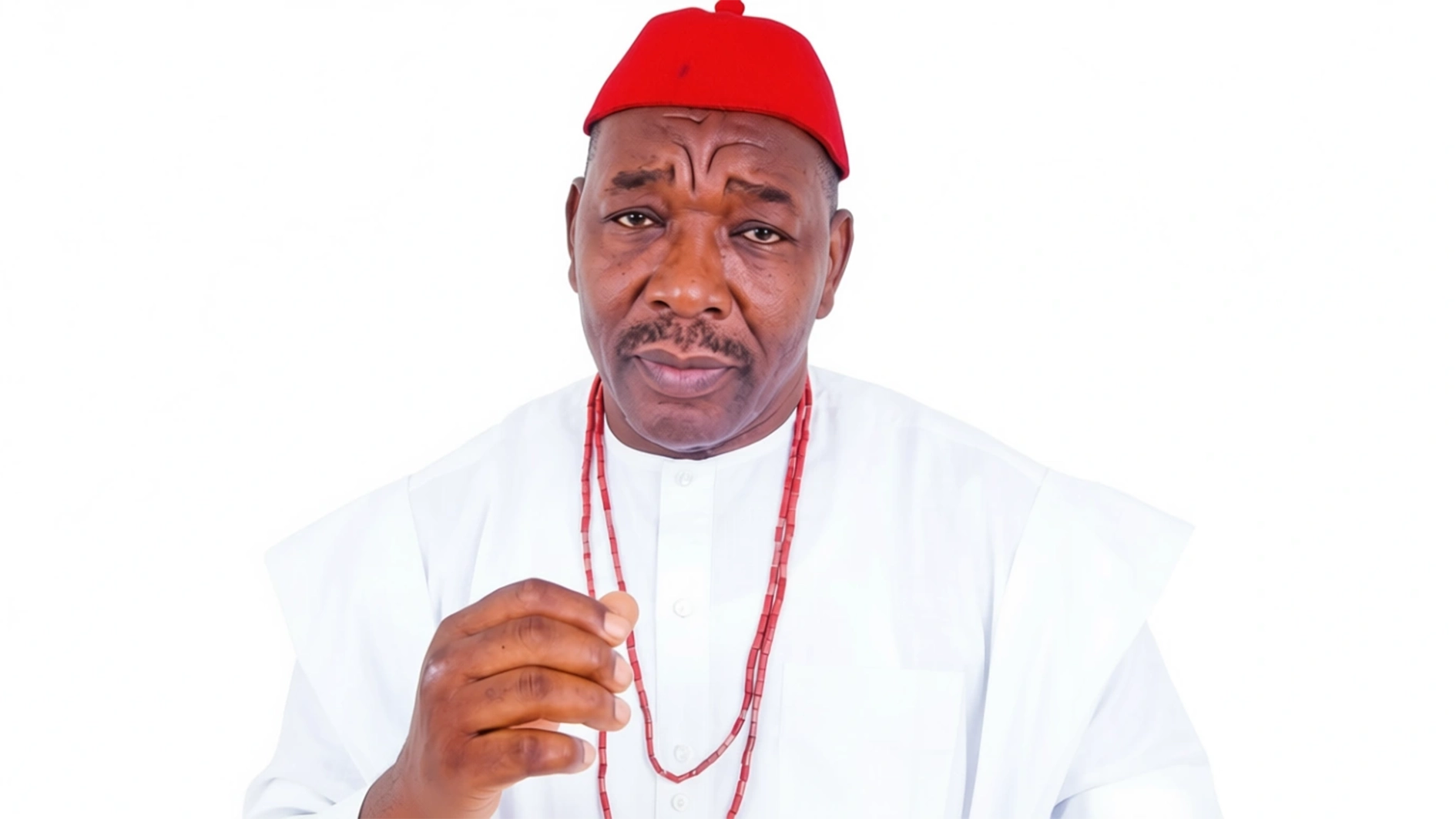Nollywood, Nigeria’s dynamic film industry, has undergone a remarkable transformation over the years, showcasing exceptional storytelling talent and captivating audiences both locally and internationally. As the industry continues to thrive, there is an opportunity to enhance technical aspects of filmmaking, including cinematography, sound design, and special effects. Improving these areas could significantly elevate the quality of Nollywood productions and strengthen its competitiveness on the global stage.
In a recent interview with Ajuluchukwu Brown, Marina El-Chalouhi, invited as a speaker at the CAVIC Festival, highlighted the potential of Artificial Intelligence (AI) in addressing these technical challenges. With a deep passion for African storytelling, Marina is committed to collaborating with Nollywood to elevate its productions using AI, emphasising its capacity for innovation and adaptation in an ever-evolving cinematic landscape. The integration of AI tools could play a pivotal role in bridging existing gaps and ushering in a new era of excellence for Nollywood.
Can we meet you?
“I’m Marina El-Chalouhi, a connector of cultures and creative worlds. Alongside three Congolese colleagues, I am an associate at Maison Kimia, a space where we promote, celebrate and develop Afro-inspired musical and cultural projects. I’m also an Account Director at Gang Group, an international creative production ecosystem where I work across music, brands, and innovation. I have a real passion for the African continent, a passion my father passed on to me since my childhood. Africa, and especially Nigeria, inspires me deeply with its cultural and creative richness. The music, the art, the fashion, the energy, the people: there is a pulse there that I feel connected to.”
Tell us about Obsidian?
“Obsidian is a human-led, AI-driven creative studio, built by creatives for creatives. Creatives and humans are at the core of everything we do. Our R&D makes us unique in the market. We don’t just use tools; we develop pipelines, workflows, and methodologies that allow artists to create faster, smoother, and with more control. Ethics are at the forefront of our practice and our R&D, which is essential in a hectic and fast-moving market.”
What would you say to creatives in Nigeria or elsewhere who are afraid of AI?
“When it comes to AI, I would say to creatives and even to non-creatives that AI is here, everywhere, and we’d better get on board! To creatives specifically, I repeat what I tell creatives all around the world: AI is a tool you should use to enhance your creativity and push the limits of your imagination. AI isn’t coming to take your creativity; it’s coming to supercharge it. Nigerian creativity has a depth, rhythm, and cultural truth that no system can copy. AI can’t replace that. What it can do today is to remove technical barriers, speed up production, open doors for small teams with big visions, and help storytellers build worlds that used to require huge budgets. Used well, AI becomes a creative amplifier, not a threat.”
Do you think AI can influence feature films long-term? Will it have a place in Hollywood and Nollywood?
“Absolutely. Just like digital cameras and VFX reshaped cinema, AI will transform how films are made. Obsidian has a creative partnership with Imagine Entertainment, the film and TV production company co-founded by Brian Grazer and Ron Howard. Together, we are exploring how Obsidian’s director-driven units—storyboard artists, CG generalists, editors, and AI specialists—can serve Hollywood in a meaningful, scalable way. And I truly hope to collaborate with Nollywood as it grows to the next level, supported by AI and by new creative workflows.”
What inspired you to be a part of Obsidian? Tell us about Gang Group?
“Gang Group is an AI-driven constellation of studios, experts in the production of film, content, digital experiences, games, etc. All those studios work together with a strong collaborative spirit. The group mixes tradition and innovation, and that balance inspired me. Another major reason I was drawn to Obsidian and Gang Group is the people behind it. Obsidian was co-founded by Louis Gheysens (CEO of Obsidian and co-founder of Gang Group), a Belgian businessman with a long and rich career in the marketing industry, and Wes Walker, a Black American, Mexican, and Cherokee director who is extremely talented, creative, and full of imagination. It matters to me to feel inspired by the people I work with, and they both inspire me deeply. The co-founder of Gang Group, Thierry Willer, also inspires me a lot through his vision and his way of working. Being surrounded by people who think boldly and act with purpose is essential for me.”
Do you have ambitions to work in Africa? Nigeria?
“Absolutely! This has been a long-standing ambition of mine, something I’ve been actively pursuing for quite some time. Whether through art or music with Maison Kimia, or today through my desire to build bridges between Gang Group, Obsidian, and the African continent, this vision has always been central to my work. We already have a creative studio in South Africa with amazing talents; we work with clients and industries around the world, and Africa is an essential part of that vision. It has also been more than three years now that I’ve been working closely with representatives of Nigeria in Belgium to find ways to create cultural and artistic bridges between Nigeria and Belgium. By collaborating with local partners, whether in art or in music, my goal has always been to support the change of the narrative about the African continent. I have a deep desire to contribute to that shift.”
What did you think of your trip to Nigeria?
“I felt Nigeria is energy in motion. The creativity, the humour, the warmth, and the cultural confidence leave a strong impression. The richness of the music, fashion, art, and conversations is something you feel immediately. I had a really great time here. I would like to take the time to thank Philippe Agbense Jr. again for the invitation to the CAVIC Festival. I strongly support the initiative and the direction that the CAVIC project is taking. Today I leave Abuja with inspiration, admiration, and the desire to build more bridges between Europe and Nigeria.”






